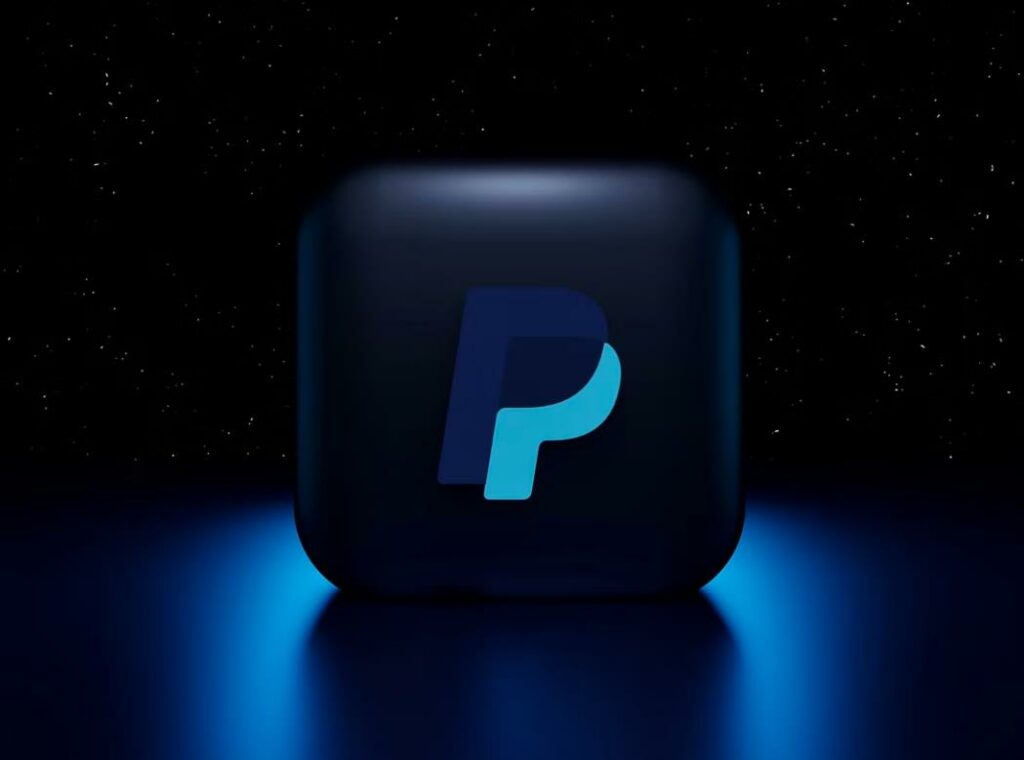PayPal announced June 7 that people who hold cryptocurrencies in their PayPal account wallets will now be able to send and receive digital assets through external wallets and exchanges.
New features take PayPal deeper into crypto payments and investing
PayPal has always been a closed system where customers can only buy and sell cryptocurrencies from PayPal itself, and spend it only on PayPal’s 32 million strong merchant network. And now PayPal has announced that its users can transfer cryptocurrencies from their accounts to other wallet and exchange addresses.
Jose Fernandez da Ponte, Senior Vice President and General Manager of Blockchain, Crypto and Digital Currencies at PayPal, said: “Users have consistently ranked this feature as one of the most requested enhancements since we started offering cryptocurrency purchases on our platform. one.”
The new features bring PayPal deeper into crypto payments and investing, as its customers are no longer limited to its ecosystem. PayPal only supports four cryptocurrencies: Bitcoin (BTC), Ethereum ETH -0.13% (ETH), Bitcoin BTC 0.39% Cash (BCH), and Litecoin LTC 2.27% (LTC).
The access is now available to a limited number of PayPal users, and will roll out to all U.S. accounts in the coming weeks.
One of PayPal’s key contributions in using Bitcoin and other digital assets as true monetary substitutes is the acceptance of Bitcoin for purchases on its Merchant Network.
“Customers who transfer cryptocurrency to PayPal can expand the utility of their cryptocurrency by using our Checkout with Crypto product at millions of merchants,” Fernandez da Ponte said.
By opening up to external wallets, existing cryptocurrency owners who want to spend at these merchants don’t need to sell their bitcoin and buy it back on PayPal — which requires two transaction fees, and for sellers, A transaction fee.
In addition to that, transfers from one PayPal account to another are free, which opens up interesting possibilities for payments within its borders. In February, PayPal started charging a flat fee for crypto transactions in addition to network fees.
However, the lack of internal fees is a big benefit, especially in Bitcoin and Ethereum blockchains, where transaction fees paid directly to the network are high—usually a few dollars. Additionally, cryptocurrency exchanges charge fees of up to 2.5%.
These can add up quickly, whether for small or large transactions. The average transaction fee on the Bitcoin blockchain was $1.50 as of June 7 and has surged above $10 over the past year. Ethereum’s average transaction fee is $1.08, and it has topped $10 and even $20 several times over the past year. They go up and down depending on the trading volume, so it is cheaper to trade at certain times of the day.
As a result, regular business people can process payments between PayPal accounts on a daily basis, moving in and out of their digital assets only at regular intervals or when network fees are low. Likewise, it would be cheaper for the sender to send cryptocurrency to a group of people, by plugging it into PayPal and paying everyone’s PayPal account.
PayPal continues to expand with more crypto features
At the beginning of the year, PayPal had 392 million users worldwide, and its very user-friendly interface makes it a comfortable starting point for those who want to test the waters of cryptocurrencies.
Until then, if PayPal cryptocurrency owners wanted to expand their cryptocurrency transactions beyond the four coins it supports, the only way was to sell bitcoin to PayPal and buy it from an external wallet.
While the company did not mention adding more cryptocurrencies to its supported list, Fernandez da Ponte said that PayPal will continue to add more crypto features in the coming months. The company also announced that it will create additional know-your-customer (KYC) personally identifiable data requirements for anti-money laundering (AML) laws.
Additionally, PayPal said it has obtained a full Bitlicense from the New York Department of Financial Services, an upgrade from a conditional license obtained in October 2020 through a partnership with existing holder, cryptocurrency custodian Paxos.
Bitlicense is by far the strictest certification required to conduct crypto business in any US state, making it the regulatory gold standard. Many in the crypto community believe that doing business in New York is an overburdened blockade. A significant number of exchanges operating in the United States do not include New York residents.
PayPal said it was the first company to receive a conditional Bitlicense and the first to successfully upgrade to a full license. According to Fernandez da Ponte, this demonstrates “our commitment to responsible innovation and expanding the accessibility and utility of digital currencies, while fully complying with regulatory guidelines and best practices.”






